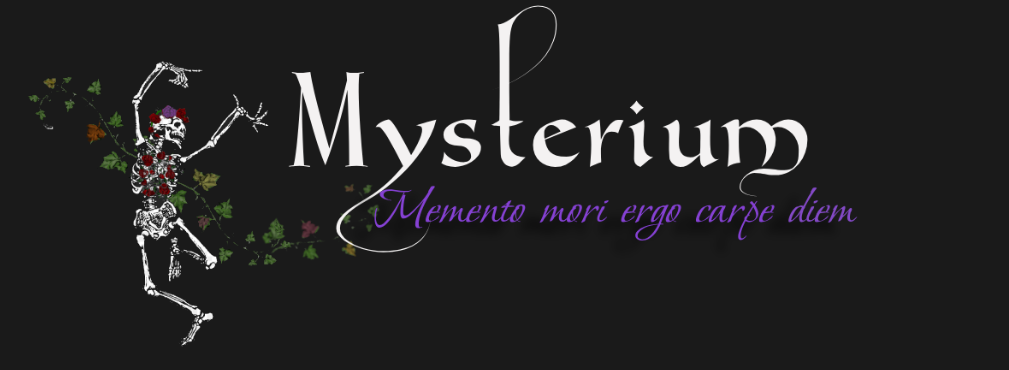
Thomas Moynihan writes for Aeon:
Just under 500 years ago, Nicolaus Copernicus initiated a string of discoveries eventually proving our planet is not the centre of a tidy, manageable cosmos. Instead, Earth pirouettes around a mediocre star within an ungraspably vast Universe. It took generations for people to start noticing – and giving names to – what Copernicus had wrought. Similarly, we are only now waking up to the significance of the nested mortalities we live within. With the most seismic revolutions, it takes time for the dust to settle before we can glimpse the landscape transformed.
However, whereas Copernicus made us feel insignificant in space, placing bookends on time stands set to reverse this, by insinuating that our acts might just be more cosmically resonant than we previously dared presume. One revolution, undone by another.
Why? I argue that abandoning eternity is ultimately galvanising: for it implies that what we do in our moment on Earth genuinely matters beyond our own fleeting lives. Only by finding time’s cosmic bookends has modern science thrown into crisp relief the truth that what happens next might resonate indelibly. Because, if time has extremities, then history will never repeat; and if what’s happening here and now will never reoccur, certain decisions can never be taken back or reversed.
